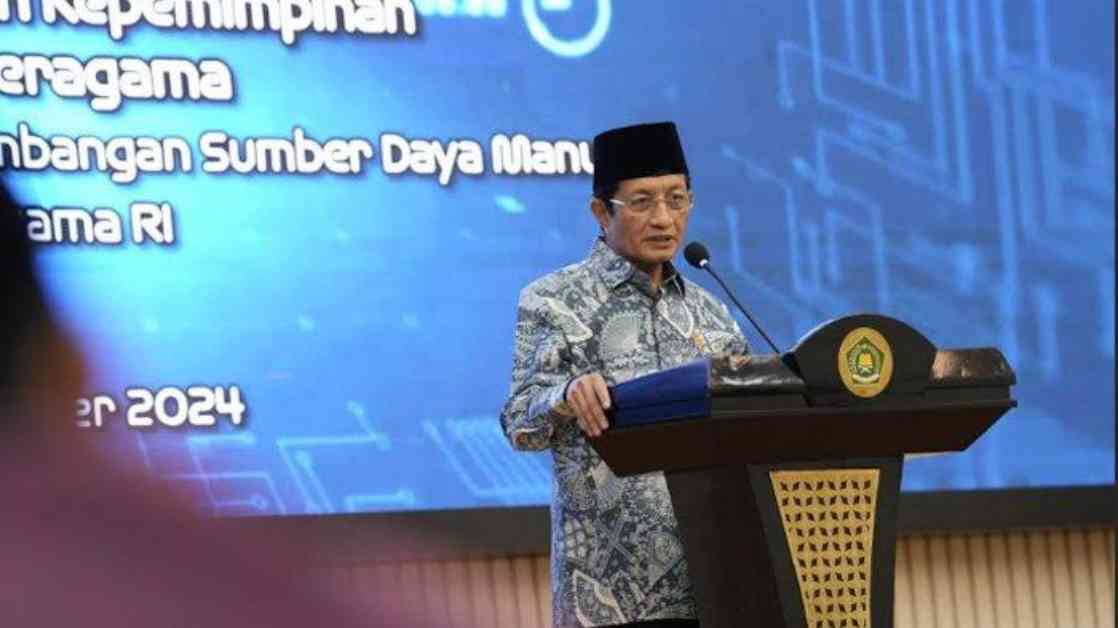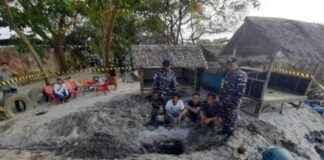Importance of Religious Figures Criticizing the State: Minister Nasaruddin Umar’s Perspective
Minister of Religious Affairs of the Republic of Indonesia, Nasaruddin Umar, has emphasized the crucial role of religious figures in providing constructive criticism to the state. He believes that these figures play a vital role in maintaining their independence to carry out their critical functions effectively in the nation’s life.
Encouragement for Religious Figures to Speak Up
During an event held at the Asrama Haji Makassar, Minister Nasaruddin Umar openly welcomed religious figures from various backgrounds to voice their criticisms towards the state. He urged them not to fear and encouraged them to exercise their critical functions in assessing and advising the government.
Harmonious Relationship Between Religion and State
Minister Umar stressed the importance of a harmonious and balanced relationship between religion and the state. He highlighted that excessive dependence of religion on the state can diminish its ability to provide constructive criticism. When religion and its leaders rely heavily on state funding, their independence is compromised, making it challenging to maintain a critical stance.
Warning Against Using Religion for Political Gain
Furthermore, Minister Nasaruddin Umar cautioned against using religion as a tool for political legitimacy. He expressed concern that when religion is manipulated to serve specific political interests, it loses its credibility and influence among the population, especially the younger generation. This phenomenon has been observed in Western countries where the misuse of religion has led to disillusionment among the youth.
In conclusion, Minister Nasaruddin Umar hopes for a parallel development of religion and the state to strengthen the nation. He believes that both entities must stand strong together to build a resilient Indonesia where mutual respect and cooperation between religious leaders and the government are essential for the nation’s progress. Let’s reflect on how we can foster a balanced relationship between religion and the state in our own communities, ensuring that both entities thrive and contribute positively to our society.














